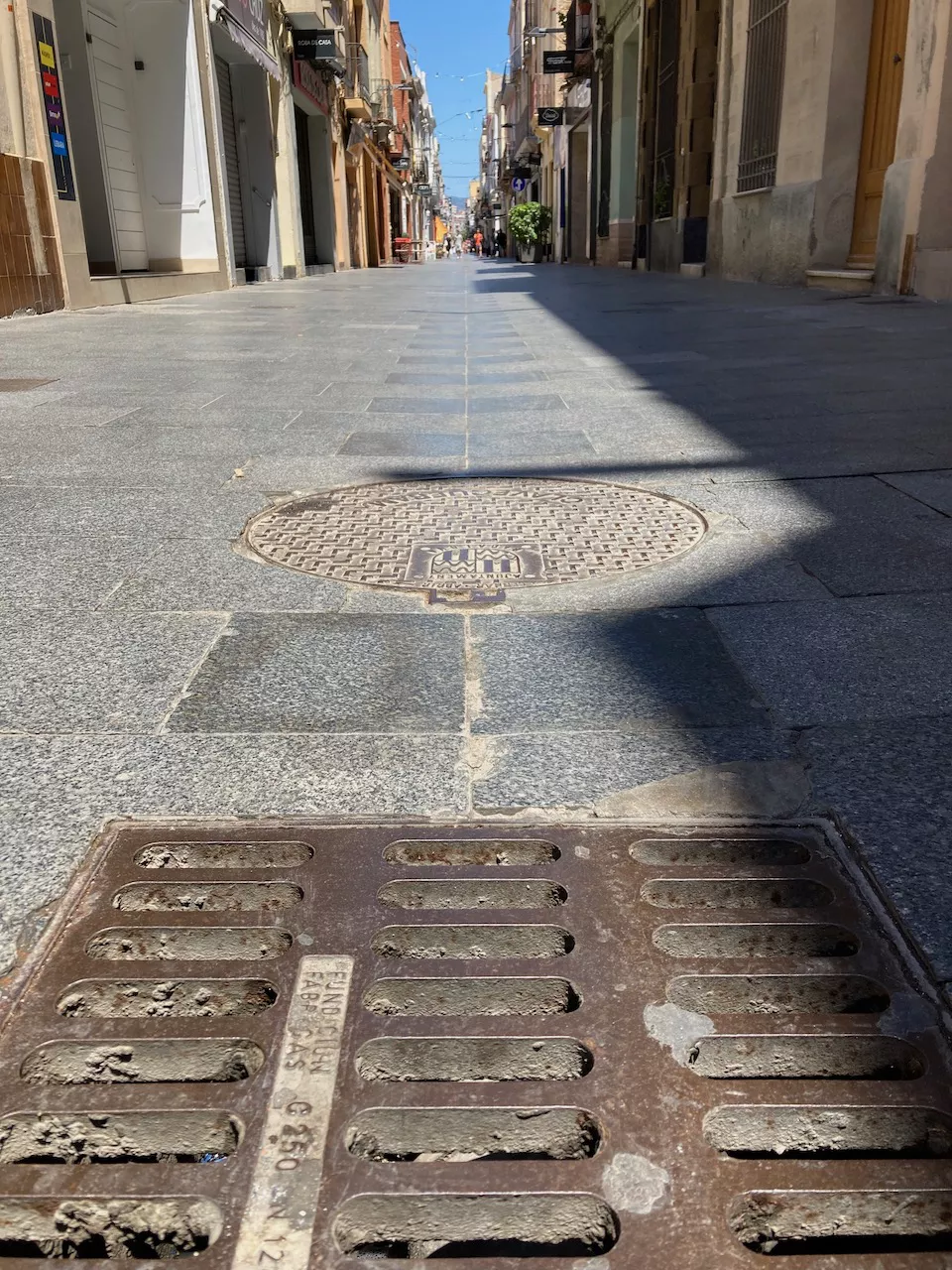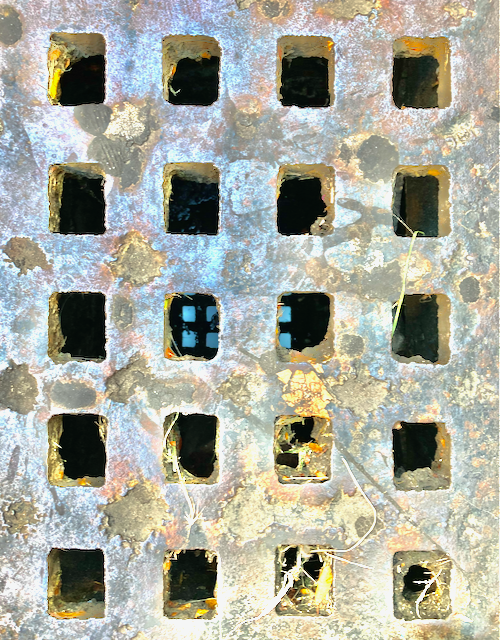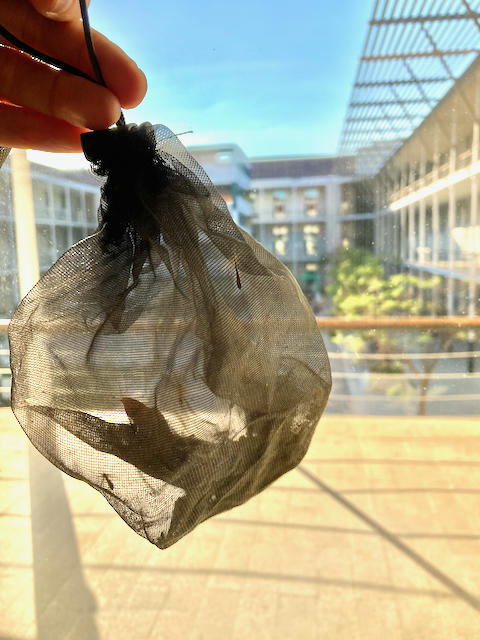
Urban Spaces and Mosquitoes on a Changing Planet
23-25 March 2023 | Barcelona
A multi-disciplinary conference
As a complex socio-ecological problem, mosquito-borne disease cannot be effectively addressed without insights and expertise from a wide range of disciplinary perspectives. While each urban system presents its own challenges, the processes of globalisation, mobility, and climate change make mosquito-borne disease a problem that transcends regional and national borders. Therefore it is important to bring together those working in and across different geographical and socio-ecological contexts to cross-fertilize ideas and insights.
This conference will bring together scholars, practitioners, and policy-makers to share and exchange their experiences and findings related to mosquitoes and mosquito-borne disease connected to the natural, built and social features of urban environments. We hope to stimulate new thinking that can help in the planning, designing, and intervening in urban environments to help prevent the spread of mosquito-borne disease, especially in the context of anthropogenic climate change.
The conference is sponsored by Universitat Pompeu Fabra’s Planetary Wellbeing initiative, the Human-Mosquito Interaction Project (H-MIP), which is funded by the European Research Council (ERC) under the European Union’s Horizon 2020 research and innovation programme (Grant agreement No. 853271), and IDAlert, which is funded by the European Union’s Horizon Europe programme (Grant Agreement 101057554).


Keynotes
Featured talks by Drs. Shannon L. LaDeau and Carsten Wergin will be held on 23 and 24 March at 13:30 in the Mercè Rodoreda Auditorium.
23 March: Dr. Shannon L. LaDeau, Cary Institute, ‘Legacies of segregation influence mosquito ecology and human exposure in temperate cities’
Vector-borne disease (VBD) is a growing risk in cities across the globe. Rising incidence of arboviral disease among urban residents of temperate cities highlights critical gaps in understanding of the ecological and social interactions that influence VBD transmission in these complex, seasonal landscapes. This talk describes efforts by a multidisciplinary research team to uncover mechanisms of changing mosquito-human exposure in Baltimore City, MD (USA). Our results demonstrate persistent legacies of racialized investment that have generated stark differences in mosquito habitat and biting behaviors at neighborhood scales, perpetuating environmental burdens in impoverished communities. We further evaluate how socially-derived conditions affect mosquito traits that are important to fitness and viral transmission. Finally, this talk explores how ongoing changes in climate and urban greening efforts refine the heterogeneous riskscape of VBD across urban communities in temperate regions.
24 March: Dr. Carsten Wergin, Universität Heidelberg, ‘Live and Let Die in the Anthropocene: Multispecies Conviviality and the Challenge of Interdisciplinary Engagement’
Global awareness for environmental degradation and species extinction is often highlighted through images of colorful endangered birds, cute reptiles, or polar bears sadly drifting away on tiny ice floes. Meanwhile, mosquitoes with the potential to transmit arboviral diseases are what Deborah Bird Rose and Thom van Dooren (2011) have called the “unloved others”. They leave no space for romanticism. Far from being extinct, agency rests instead with the mosquito as it makes creative use of humans and their infrastructures to expand their habitat. The lecture presents social sciences and humanities approaches through which to engage with mosquito mobility in relation to climate change and global health, drawing on theories and methods from Environmental Anthropology and Experimental Ethnography.
Details
The event will be held at Universitat Pompeu Fabra’s Ciutadella Campus, Merce Rodoreda Building, from 23-25 March 2023, and will include scholars, experts and practitioners from across disciplines, delivering oral presentations as well as posters. The call for papers/abstracts is now closed and all presenters have been notified. Most presentations will be in person but a hybrid option will be available for those unable to travel. Registration for in-person attendance is now closed. There is a Zoom link for remote participation in the agenda linked below.
Schedule Summary
23 March - Mercè Rodoreda Auditorium
- 09:00-09:15: Welcome by Carla Lancelotti, Director of the Center for Studies on Planetary Wellbeing
- 09:15-11:00: Session 1, chaired by Jan Semenza, Universität Heidelberg
- 11:30-13:00: Session 2, chaired by Pascale Stiles, Universität Heidelberg
- 13:00-14:00: Lunch (on site)
- 14:00-15:00 Keynote address by Shannon L. LaDeau
- 15:00-16:30: Session 3, chaired by Karl Broome, Universitat Pompeu Fabra
- 16:30-17:30: Coffee and posters
- 21:00: Conference Dinner (registration required)
24 March - Mercè Rodoreda Auditorium
- 09:00-10:45: Session 1, chaired by Frederic Bartumeus, Centre d’Estudis Avançats de Blanes
- 11:15-13:00: Session 2, chaired by Panagiota Kotsila, Universitat Autònoma de Barcelona
- 13:00-14:00: Lunch (on site)
- 14:00-15:00: Keynote address by Carsten Wergin
- 15:00-16:45: Session 3, chaired by Rachel Lowe, Barcelona Supercomputing Center
- 16:45-17:30: Coffee and posters
25 March - Rooms 23.103, 24.015, 24.100, 24.202
- 10:00-16:00: Optional collaboration and writing retreat.
Topics include:
- Climate, complex systems and socio-ecological perspectives on human-mosquito interaction/entanglement in urban settings
- Networks, interactions and disease spreading, including new data sources and modelling approaches
- Architecture, built environment, and urban infrastructures, including housing design and household interventions, water infrastructures and drainage systems
- Law and policy perspectives, including governance structures, jurisdictional boundaries, and public health law
- Smart cities and digital infrastructures, including urban analytics in mosquito control and surveillance, and legal and ethical aspects of digital surveillance technologies
- Urban transition, eco-cities and the challenges of mosquito-borne disease, including greening strategies, parks, climate change, and adaptation
- Demographic, social and economic perspectives, including inequality, risks and vulnerabilities, health and well-being, and sustainable and fair cities
- Everyday routines and practices, behaviour change and interventions
- Living together and co-existing with mosquitoes in urban environments, including ethnographic, historical, and decolonial perspectives
- Mobilities, movement, travel, temporalities, and activity spaces
Organization:
- Organizing Committee: Mireia Artigot, Karl Broome, John Palmer
- Scientific Committee: Mireia Artigot, Frederic Bartumeus, Karl Broome, Rachel Lowe, John Palmer, Joacim Rocklöv, Alessandra della Torre
Sponsors:
- Universitat Pompeu Fabra’s Planetary Wellbeing project
- The Human-Mosquito Interaction Project (H-MIP), which is funded by the European Research Council (ERC) under the European Union’s Horizon 2020 research and innovation programme (Grant agreement No. 853271)
- IDAlert, which is funded by the European Union’s Horizon Europe programme (Grant Agreement 101057554)
